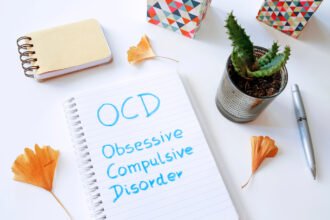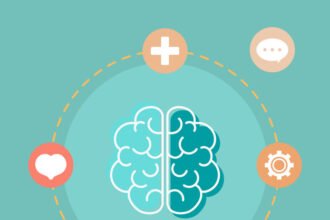Everyone experiences stress. It’s a natural part of life, regardless of what steps you take to avoid it. However, in higher levels and when experienced chronically, stress can have a negative impact on your physical and mental health. If you want to remain in good condition, and have a better subjective experience, it’s important to understand the effects of stress and carefully protect yourself against them.
Easy Ways to Reduce Stress
You’ll be glad to learn that there are many easy ways to reduce stress. These are some of the best strategies to employ:
- Identify your stressors. For starters, you should work to identify your stressors. In some cases, you may be able to cut them out of your life completely. For example, let’s say you always feel stressed in the hours leading up to weekly band practice; if the stress outweighs the benefits you’re getting from being in the band, simply quit. You can also identify triggers at work and at home, and work with the people around you to reduce those stressors; for example, can your child be more consistent about picking up their toys?
- Delegate more. Most of us feel stressed when we’re overwhelmed with things to do, but you can always ask for help to get these items accomplished. On a small scale, you can ask a spouse or family member to help you with chores around the house. On a larger scale, you could hire a property management company to help you manage a rental property.
- Say no. People tend to be bad at saying “no.” We like to be agreeable and helpful, so we say “yes” to invitations, responsibilities, and new tasks even if they seem like too much. Get used to saying no, and don’t be afraid to turn something down if you can’t reasonably handle it.
- Exercise. There are few methods of stress relief better than physical exercise. Even just 20 minutes a day can relieve anxiety, give you more energy, and make your stress disappear. As an added bonus, you’ll be able to stay in better shape, improve your health, and reduce your susceptibility to illness.
- Meditate. Another common strategy to relieve stress is meditation. Meditation comes in many forms, but it’s almost always designed as a practice to help you calm down, center your thoughts, and concentrate on the present moment. With enough practice, you can use it to soothe your racing mind.
- Make time for hobbies. Too many people lose track of their hobbies because they’re busy with work, school, or family. Try to schedule at least some time for the things you love—whatever those happen to be.
- Rest and relax. This should go without saying, but plan some downtime for yourself. Try to get 7 to 9 hours of sleep every night, and spend at least some time in the evenings decompressing and allowing yourself to relax physically.
- Check your substance use. Many people turn to substances (including legal substances) as a way to relieve stress, but they may have the opposite effect, resulting in a vicious cycle. For example, if you typically drink alcohol heavily to forget your sorrows, you could disrupt your sleep, damage your health, and ultimately stress yourself out more. The same is true of caffeine, which in high doses can make you feel even more stressed. Always consume substances in moderation, and stay away from illegal substances altogether.
- Spend time with family and friends. It’s easy to reduce stress when you’re in the company of family and friends. Always make time for the important people in your life.
The Physical and Mental Impact of Unchecked Stress
Stress is something to take seriously, if left unchecked, stress can have a variety of problematic effects, including:
- Anxiety. Higher levels of stress can leave you feeling anxious and uncertain about the future. This, in turn, makes it much harder to focus on work, and can interfere with your sleep.
- Fatigue. Stress makes you feel tired unnecessarily—even when you haven’t done much to tire yourself out. This physical fatigue makes it hard to do anything, and is generally unpleasant.
- Cardiovascular issues. Chronically, stress can leave you more vulnerable to a range of cardiovascular and other health issues, including heart disease, high blood pressure, obesity, and diabetes.
- Susceptibility to illness. High stress can even make you more susceptible to infectious diseases, like the common cold, due to a lowered immune response.
If felt mildly and occasionally, stress is no big deal. It’s part of our natural wiring, designed to protect us from threats and better equip us to handle the realities of life. But when it starts to get excessive, you need to work proactively to reduce it.
Follow these tactics to keep your stress levels in check and live a healthier, happier life.










